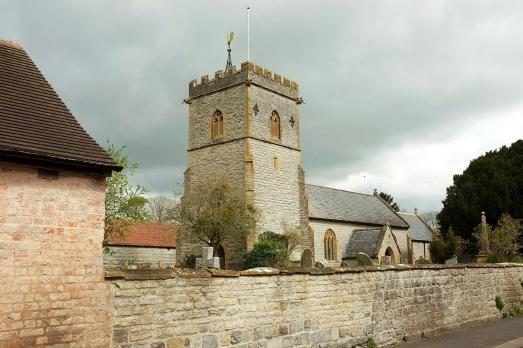
St Catherine
Drayton, Somerset | TA10 0JT
The ancient cross in the churchyard is 15th century and two giant yews were grown to provide soldier’s bows and are said to be among the oldest in the diocese.
Search for a fascinating place to visit, or see the variety of churches, chapels and meeting houses we have supported.

Drayton, Somerset | TA10 0JT
The ancient cross in the churchyard is 15th century and two giant yews were grown to provide soldier’s bows and are said to be among the oldest in the diocese.
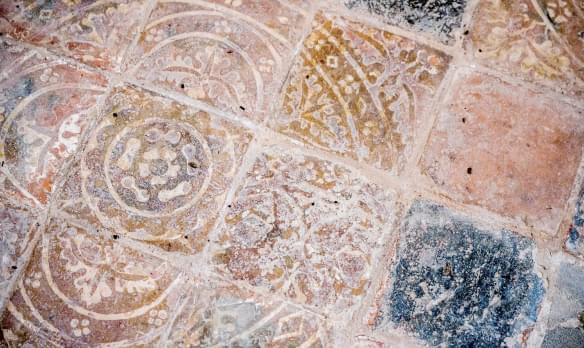
Belfast, County Antrim | BT5 4NE
Serving the east Belfast community since 1874.
We have supported this church
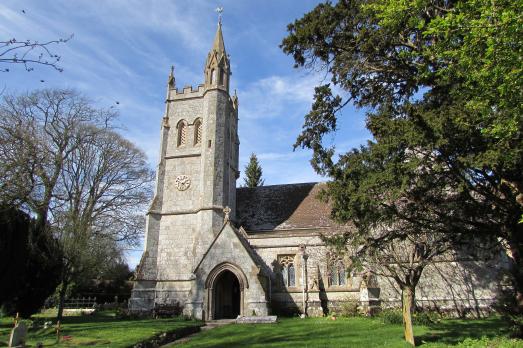
Melbury Abbas, Dorset | SP7 0DX
A classic mid 19th century Victorian Gothic church with stained glass by Thomas Willement; 'the father of Victorian stained glass'.
We have supported this church

Downton, Wiltshire | SP5 3PU
A large Grade I cruciform church on a hillside above the village.
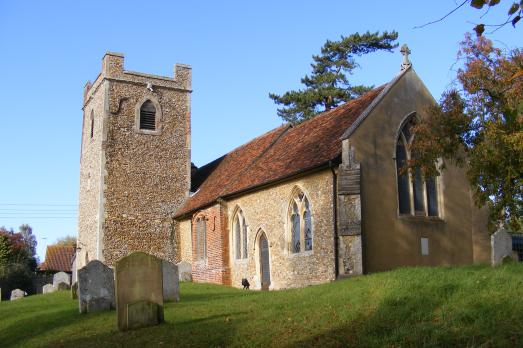
Little Bealings, Suffolk | IP13 6LJ
Little Bealings is a small and endearing building in an idyllic setting, which serves a small but picturesque parish about three miles from Woodbridge and five miles northeast of Ipswich.
We have supported this church
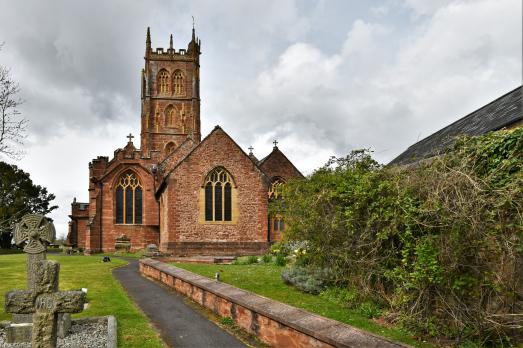
Bishop's Lydeard, Somerset | TA4 3AT
The church dates from around 1450 and is built of red sandstone, with a tall, typically Somerset tower and contains a fabulous rood turret housing the spiral stair leading to the top of the rood screen.
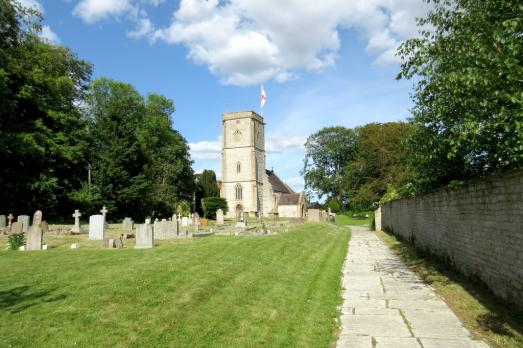
Limington, Somerset | BA22 8EQ
A unique stone vaulted 14th century chapel with internationally recognised memorial statues and was the living of Thomas Wolsey from 1500-19.
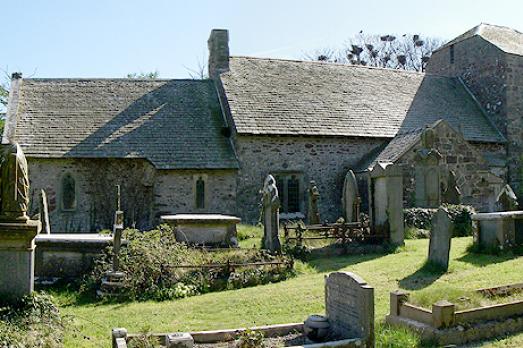
Herbrandston, Pembrokeshire | SA73 3TD
A medieval church with a short, 15th century west tower, set in the 'doubly thankful' village of Herbrandston.

Great Bromley, Essex | CO7 7TS
A 15th century church of great architectural interest with exceptional flint flushwork, magnificent double hammer-beam roof with original colouring, wealth of furnishings 1850-1930 and ‘River of Life’ reredos 2014.
We have supported this church
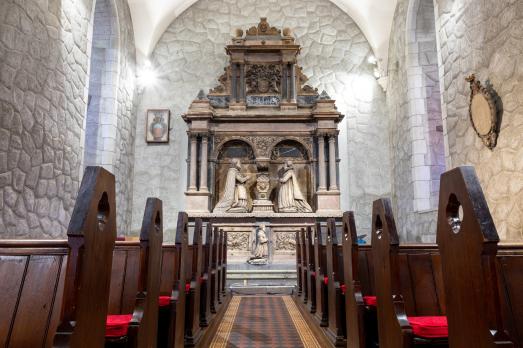
Carrickfergus, County Antrim | BT38 7AB
The jewel in the crown of Carrickfergus; a unique Norman church which perfectly complements the Castle.
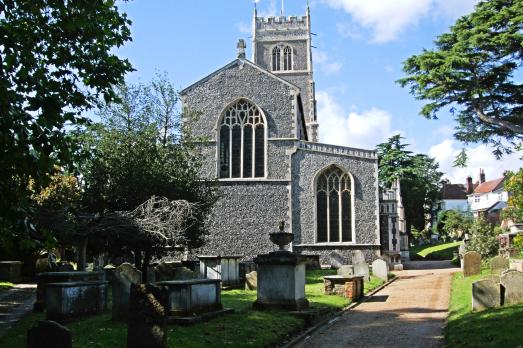
Woodbridge, Suffolk | IP12 1DS
The present building, funded by rich merchants, was begun around 1400 when Woodbridge was an extremely prosperous port, and despite many changes over the years, we can still rejoice in the beauty and fine craftsmanship visible today.
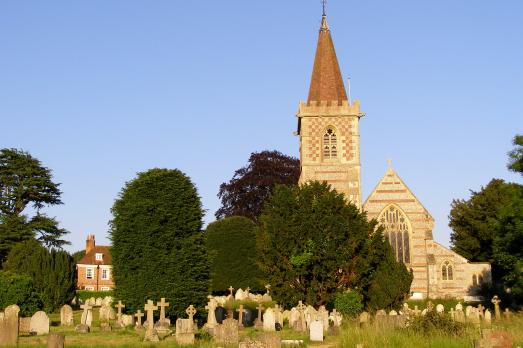
Twyford, Hampshire | SO21 1NT
This Victorian church was designed by Alfred Waterhouse (who designed the Natural History Museum) and is an architectural gem, reflecting the Arts & Crafts movement and the Oxford movement, set in a pastoral scene.
We have supported this church